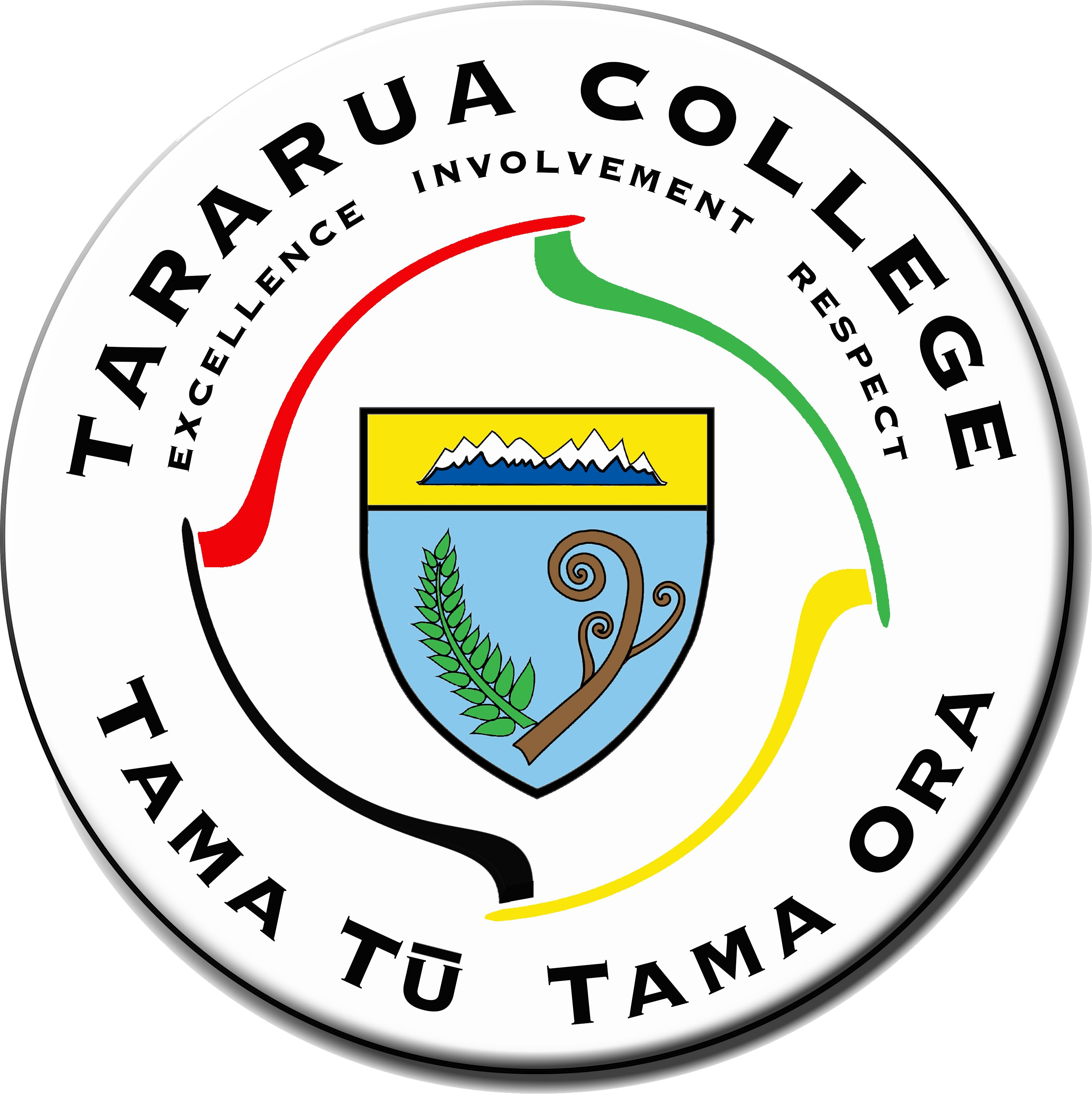|
Academic Programmes
Tararua College offers a wide range of subjects within innovative programmes. These provide many different learning opportunities for students to gain qualifications in both conventional academic and vocational courses, and cater for all levels of ability. As part of the normal classroom programmes there are extension and remedial programmes. Senior students work towards passing from an extensive range of NCEA credits, unit standard credits, and/or towards National Certificates. It is the College's philosophy that no student should embark on a particular course of study without due consultation between student, caregiver and the College subject teachers and Deans. At all levels information is distributed early to help students plan their courses for the following year. When making selections, students should bear in mind:
Most courses at Years 12 and 13 have prior learning requirements. This means that for the student to understand the subject at this level, they should have studied it previously. If you do not meet the prior learning requirements for a subject you want to take, you must consult with the Head of Department or Teacher in Charge of that subject. University Entrance Requirements To gain entrance to a NZ university, students need:
It is possible for students with high academic achievement to apply directly for entry to university at the end of their Year 12. The student will have to apply for discretionary entrance to the university. It is based on Level 2 NCEA credits with the additional requirement that students meet the literacy and numeracy standards for university entrance. Such students will have a strong academic background. NZQA Approved Subjects: The list of approved subjects for entrance to university.
Year 11 In Year 11 students will take six subjects. A course in Te Reo Maori or English is compulsory for all students. Students may study both Te Reo Maori and an English course. Science is compulsory for all students unless a written exemption is obtained from the Principal. All Year 11 students take a Mathematics course so that they do not restrict their career choices later on. For their sixth option, students may choose from Physical Education and Health or Drama or another subject. Students taking 'another subject' as their sixth option will be invited to do so by the Deans. Most Year 11 subjects offer Achievement Standards which earn credits towards the National Certificate of Educational Achievement (NCEA) Level 1, for which eighty credits are required. Unit Standards, where offered, also earn credits towards the NCEA and in some cases towards other national certificates. Subject List For Year 11 (availability subject to demand):
|
Year 12
In Year 12 all students take Health and Study and five other subjects. Most Year 12 subjects offer Achievement Standards that earn credits towards the National Certificate of Educational Achievement (NCEA) Level 2, for which eighty credits are required. A course in either Te Reo Maori or English is compulsory for all Year 12 students. Students may study both Te Reo Maori and an English course. Subject List For Year 12 (availability subject to demand):
Year 13
In Year 13 all students take five subjects. No subject is compulsory in Year 13. Most Year 13 subjects offer Achievement Standards that earn credits towards the National Certificate of Educational Achievement (NCEA) at Level 3, for which eighty credits are required. Year 13 Subjects (availability subject to demand):
Vocational Courses
National Certificates are composed of industry specific units and generic units which will be taught in the conventional subject options so it is necessary to consult with your Dean to ensure you do all the necessary subjects to obtain the National Certificate. NOTE: Only courses with sufficient numbers can run Multi Level Study Some students may, after consulting the appropriate Head of Department and their Dean, study one or more subjects at a level other than the year for which they are enrolled. If you want to do this, please see your Dean and consult the senior course booklet.
|
 Tararua College
Tama Tu Tama Ora
Tararua College
Tama Tu Tama Ora
